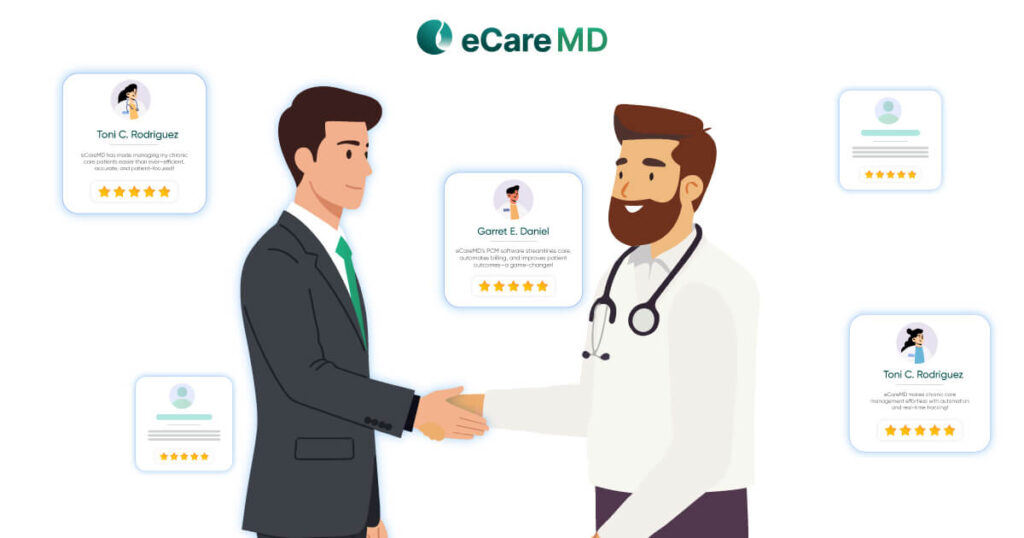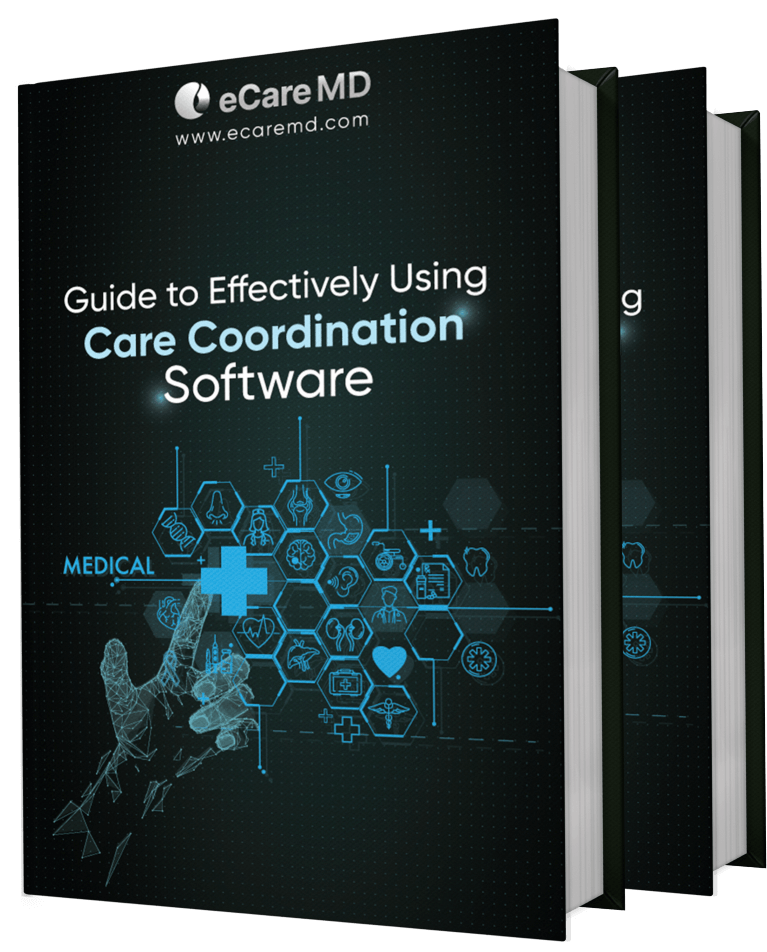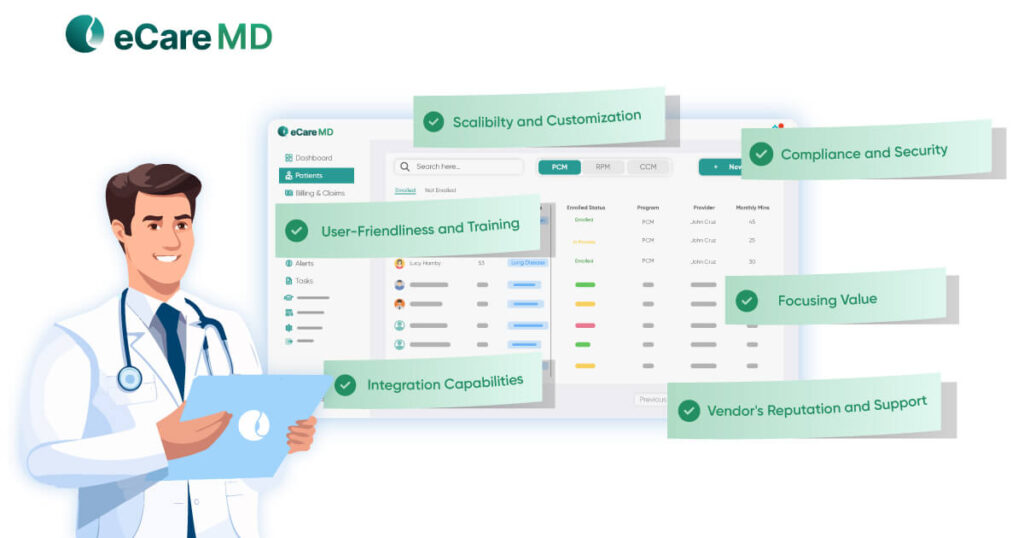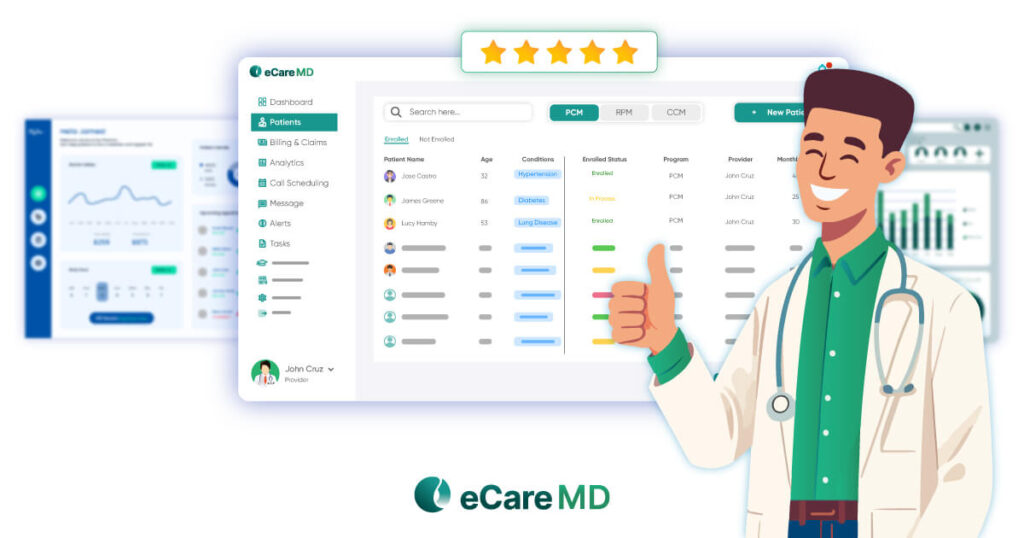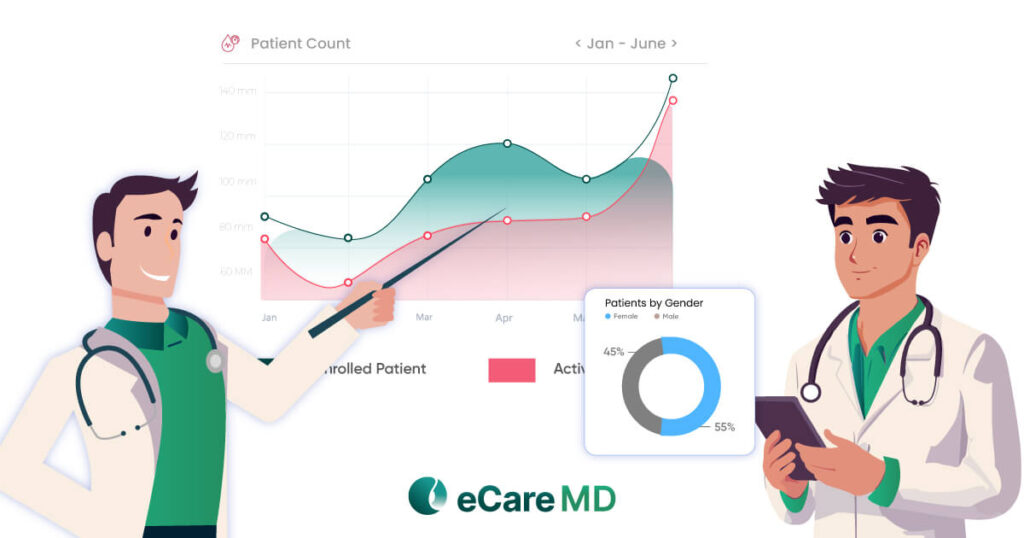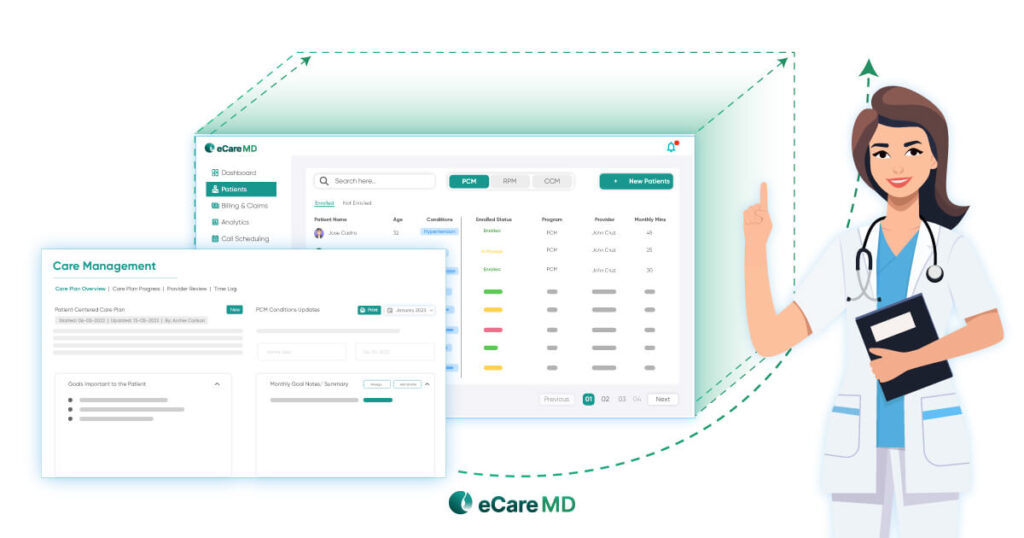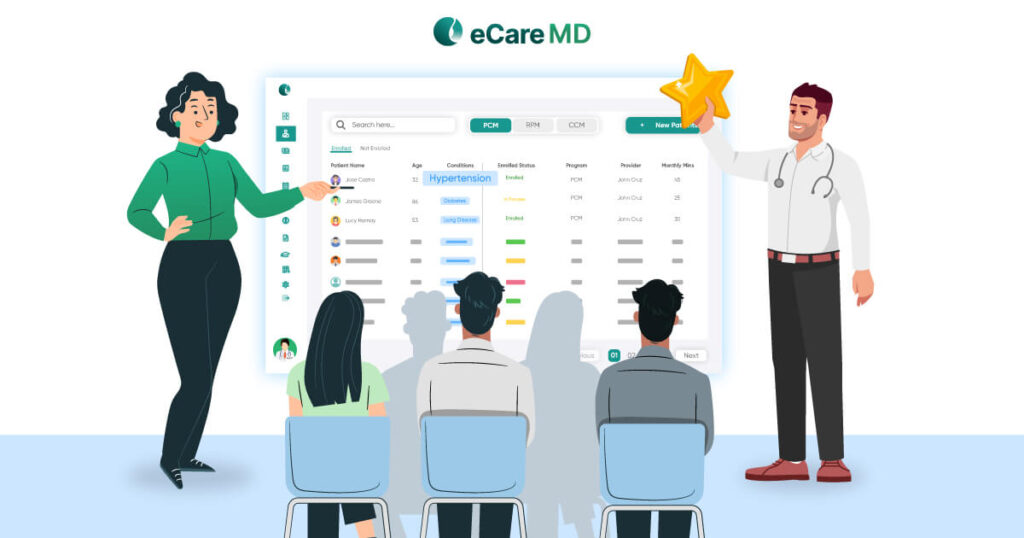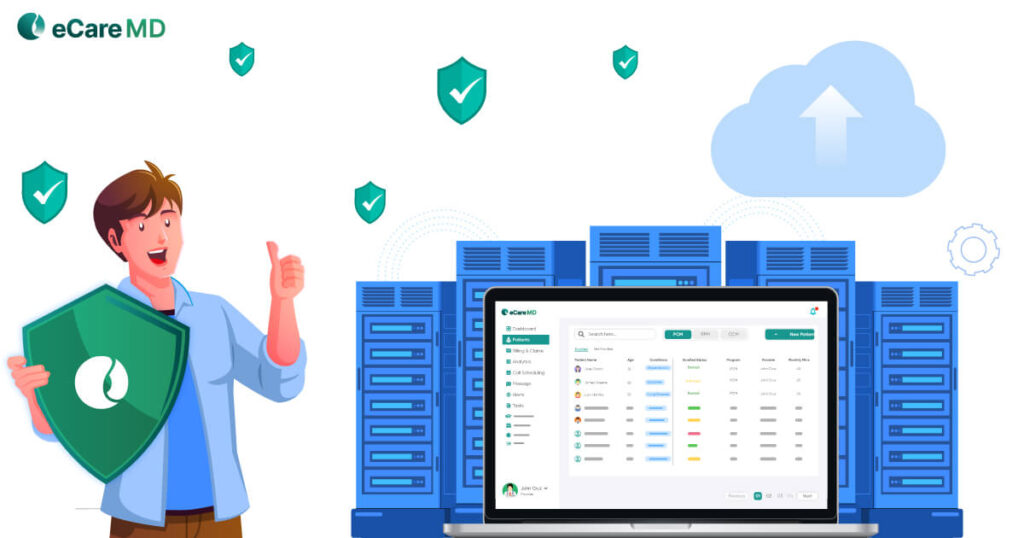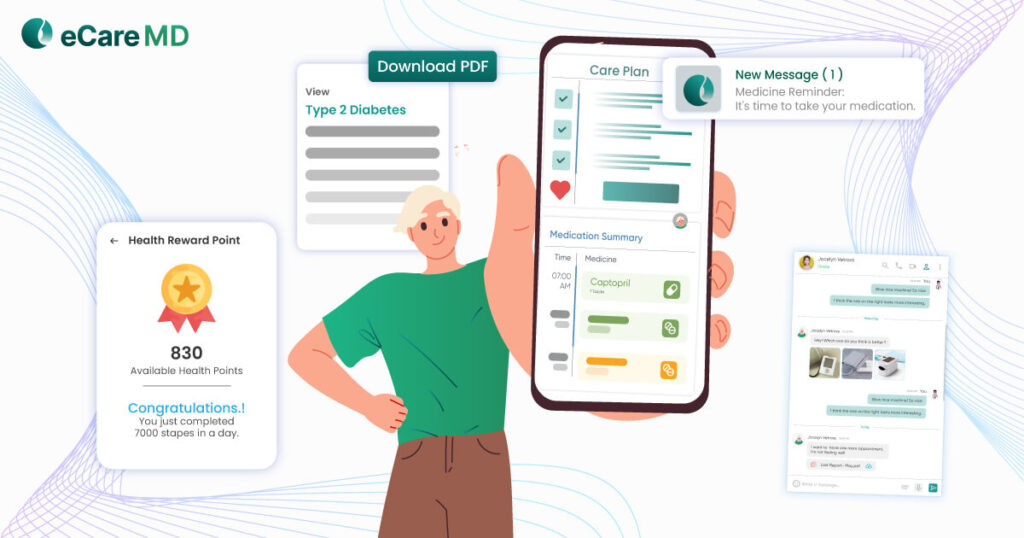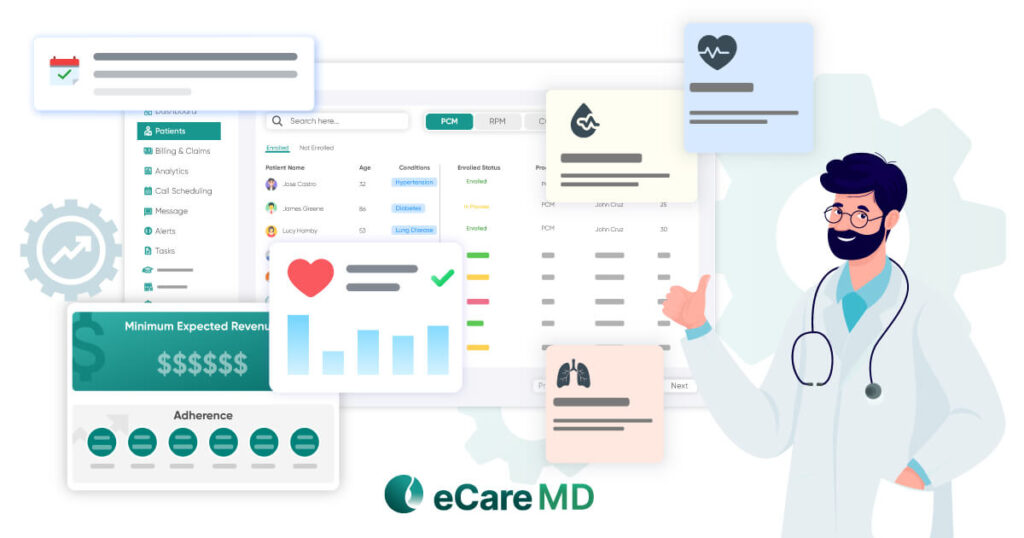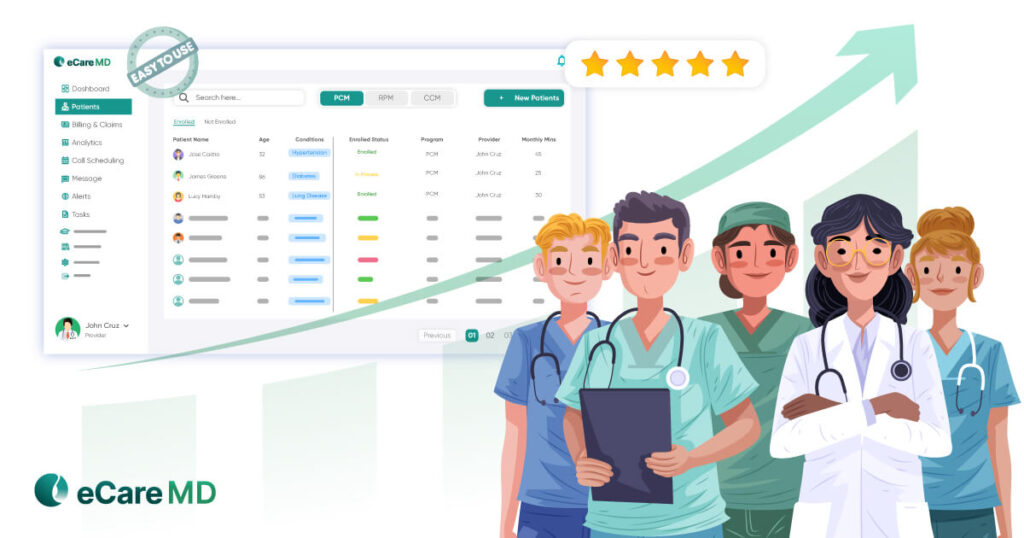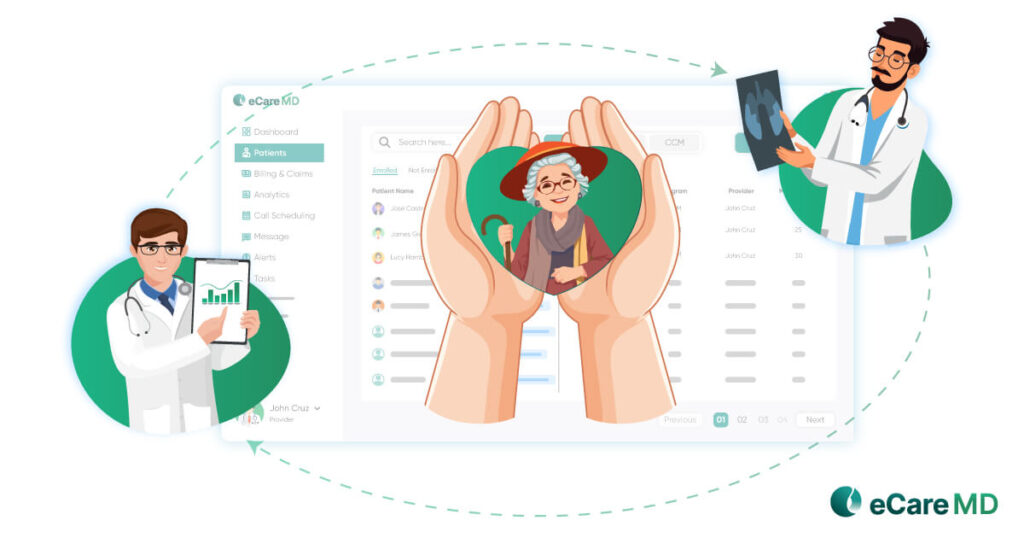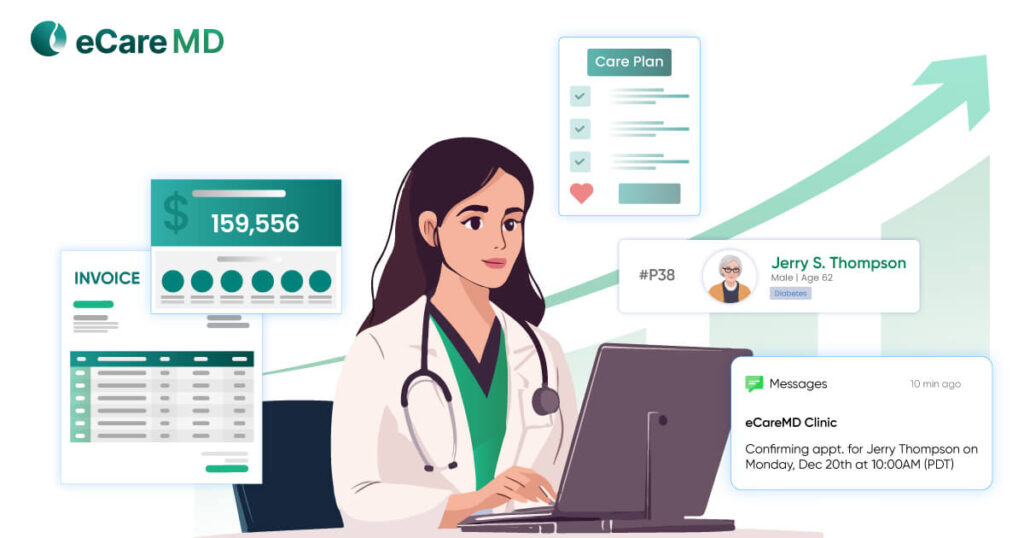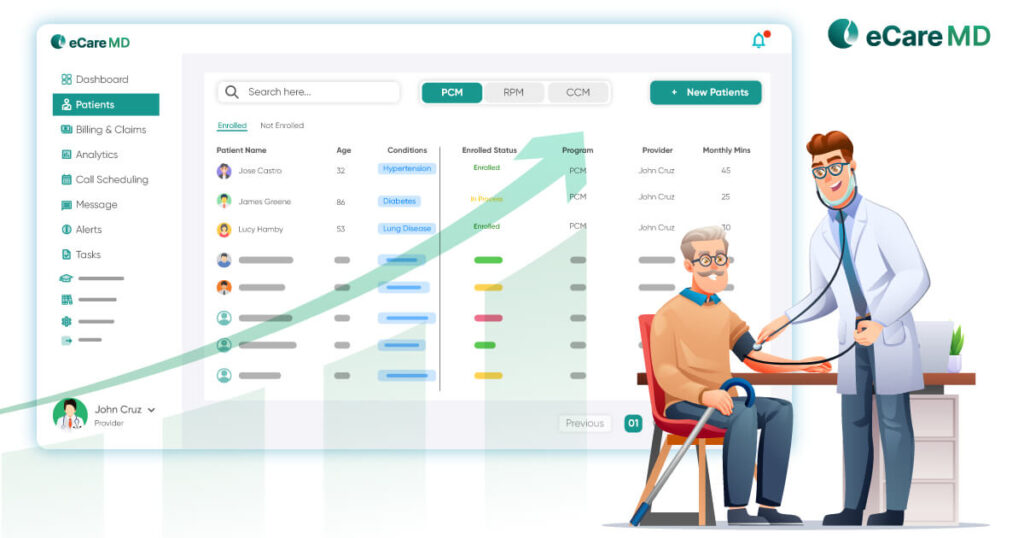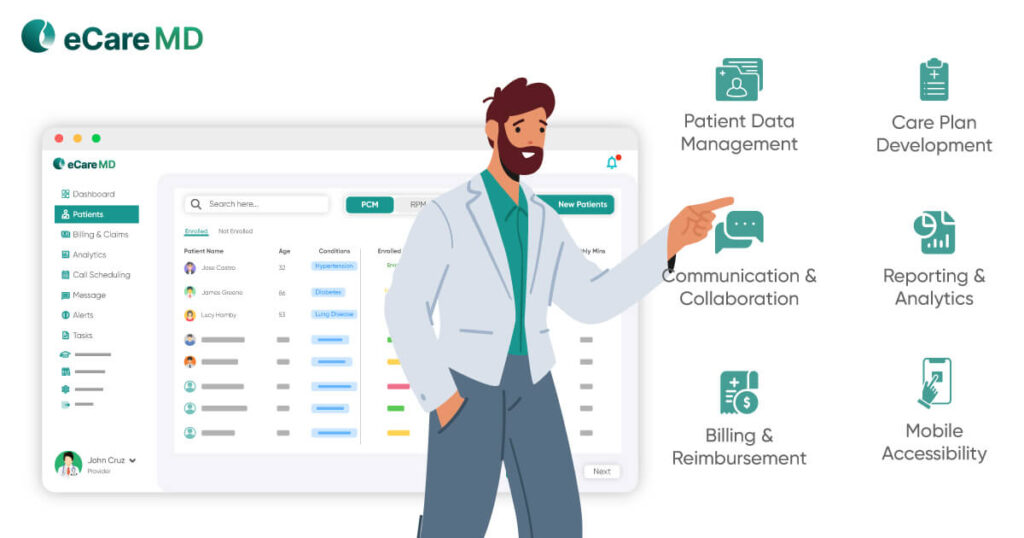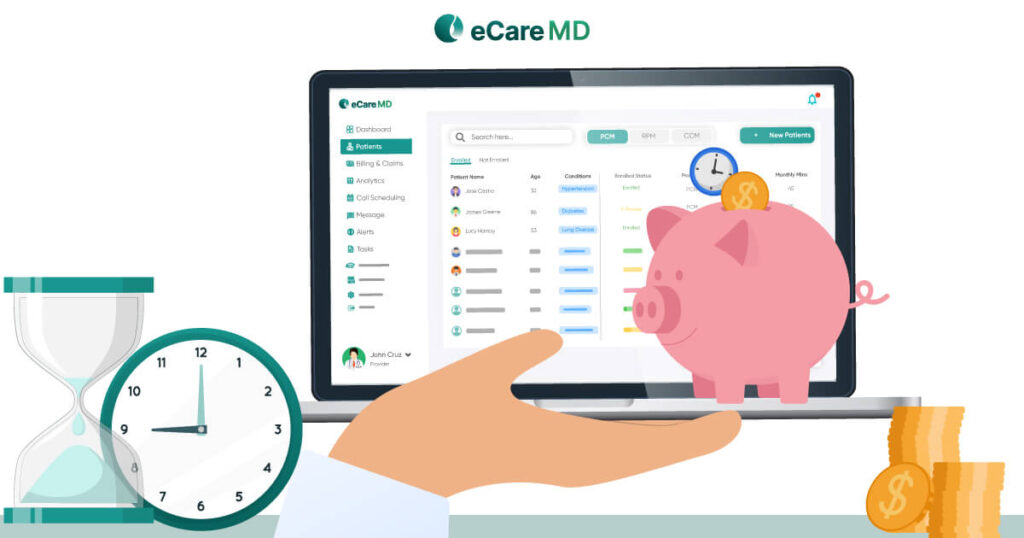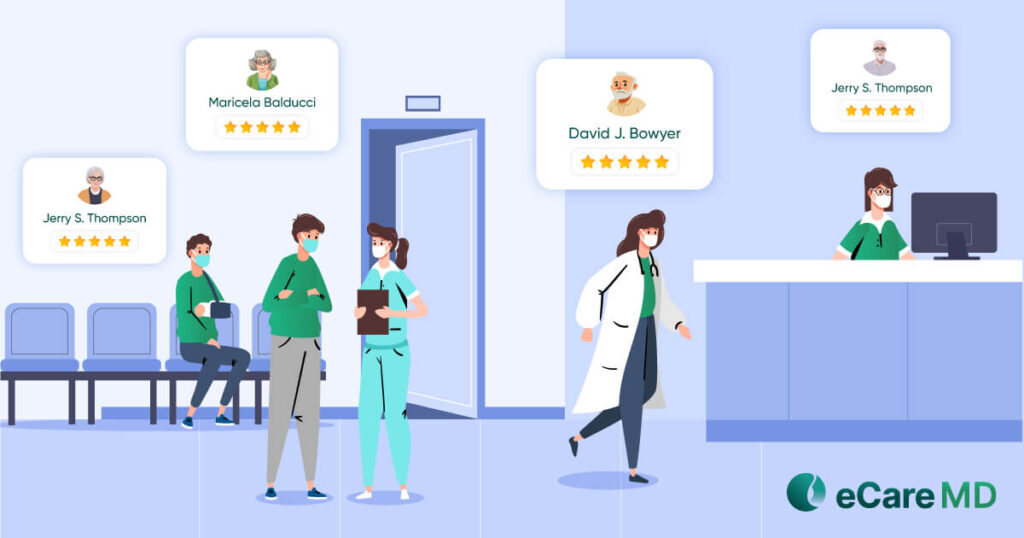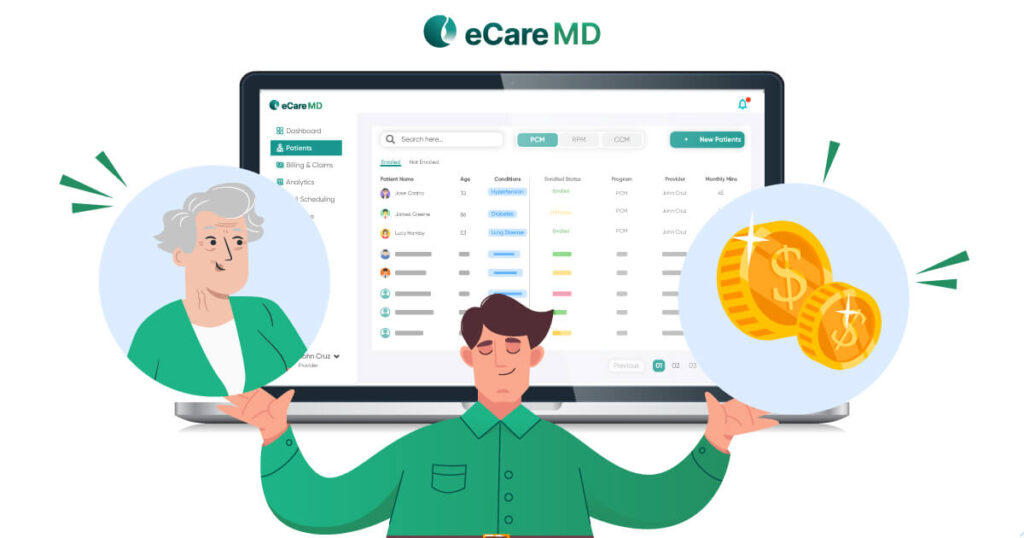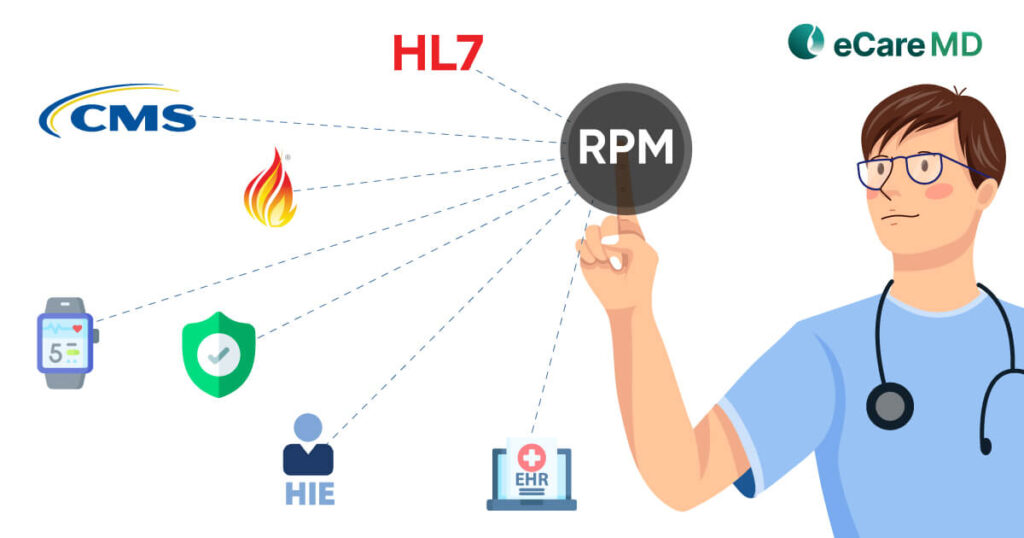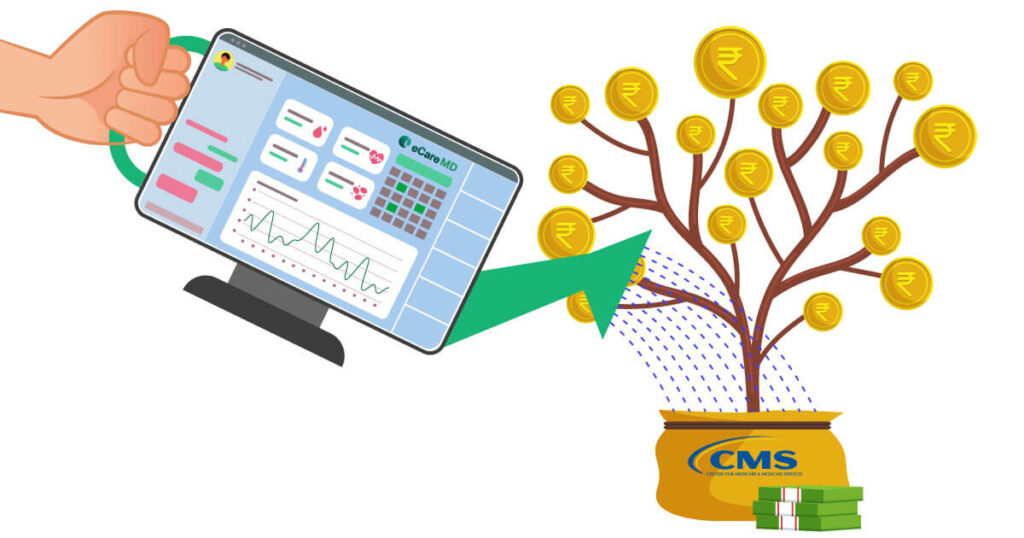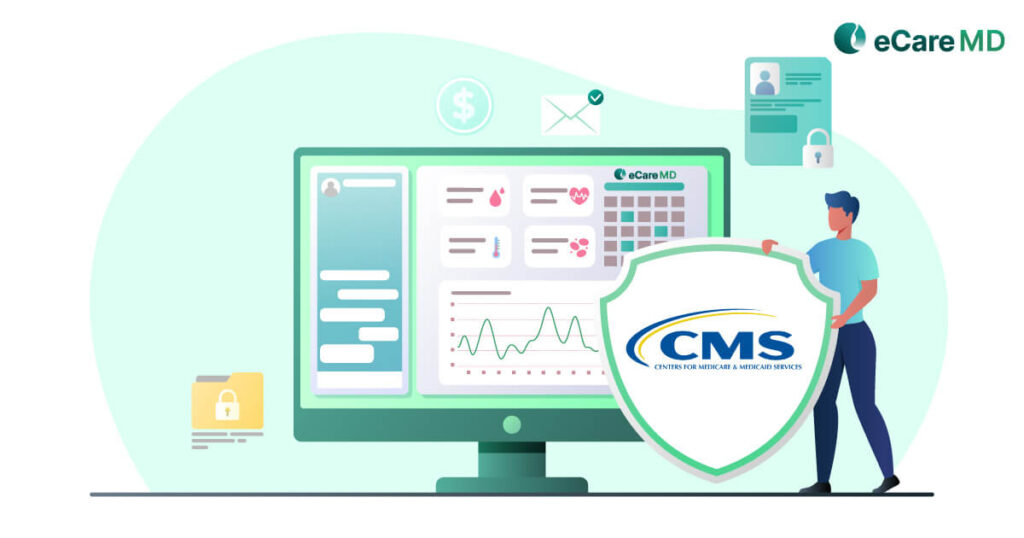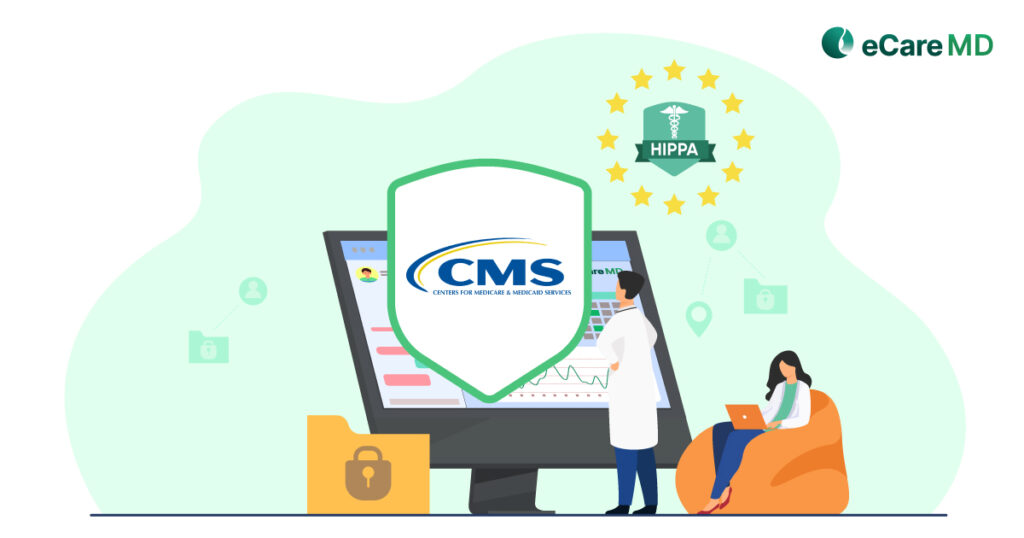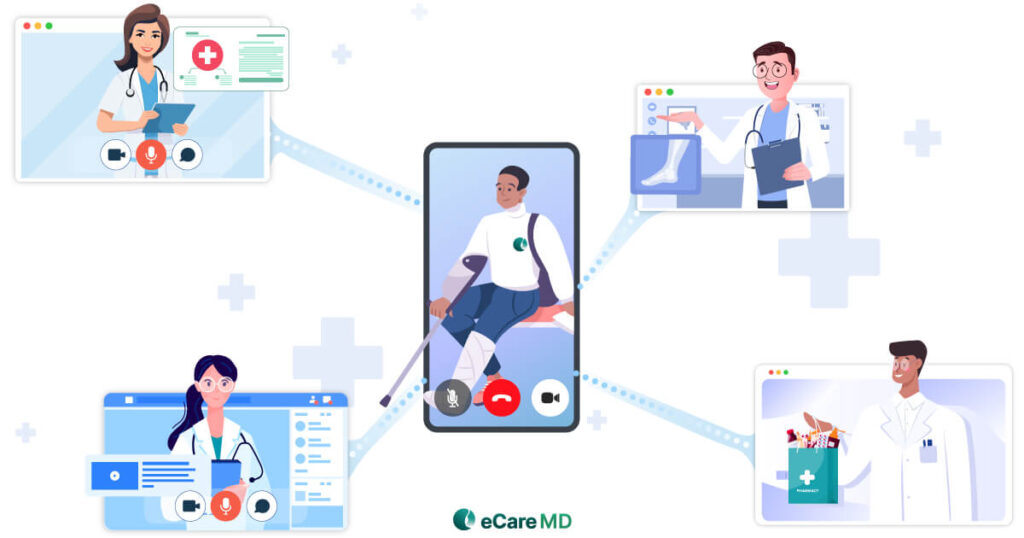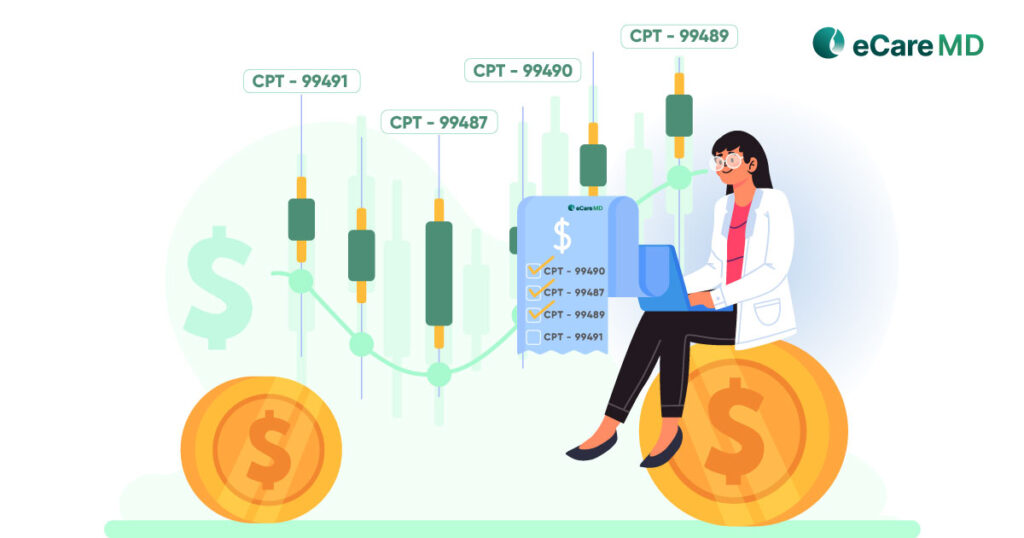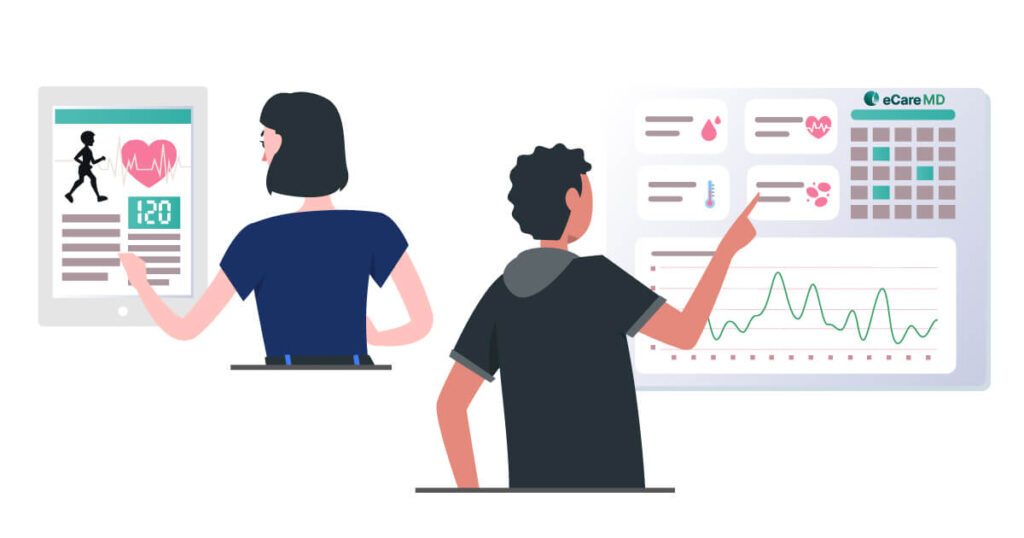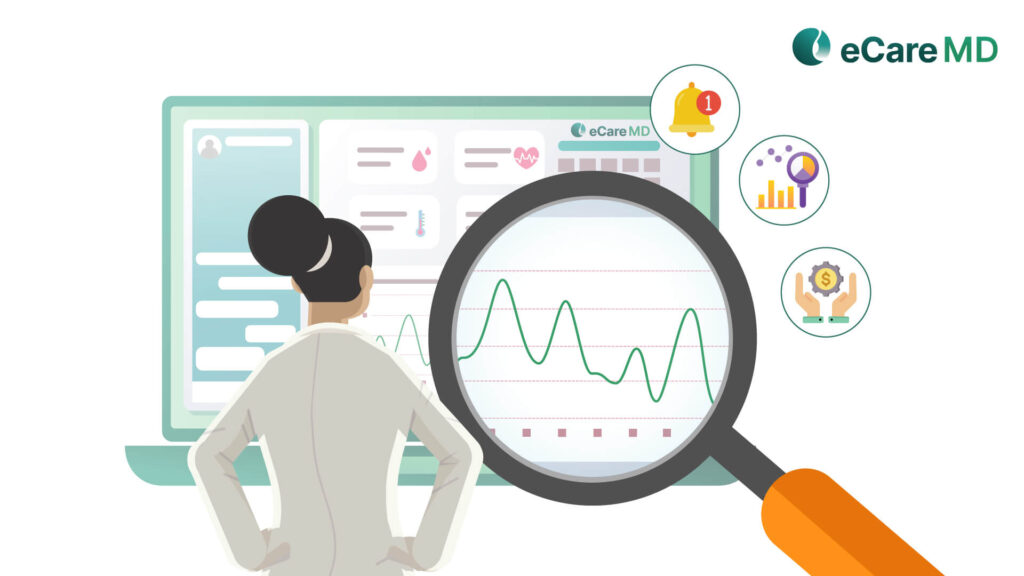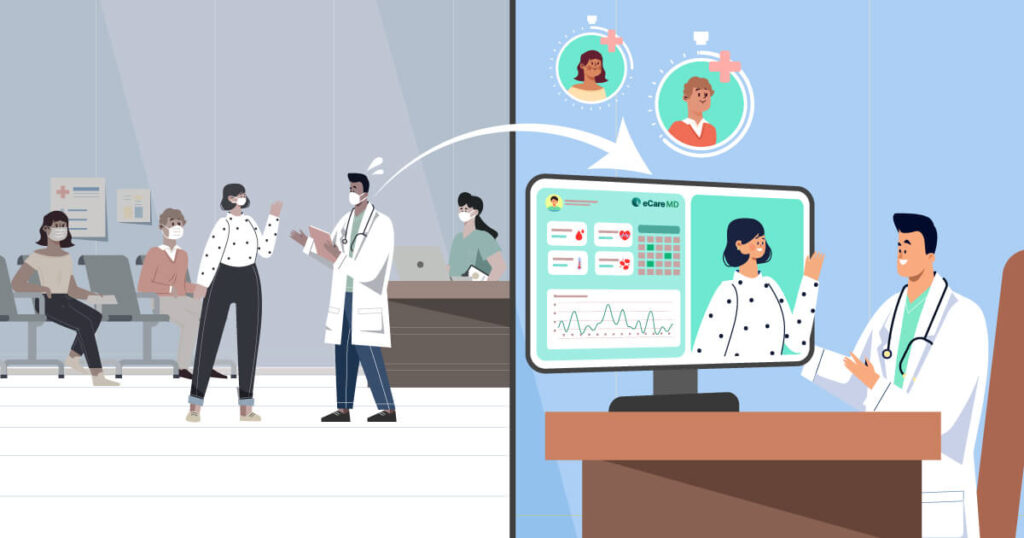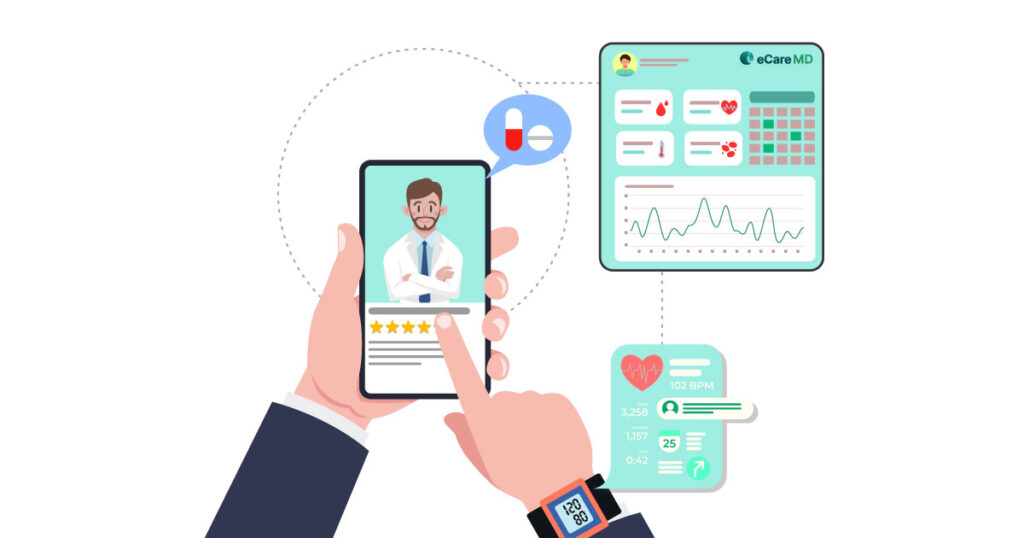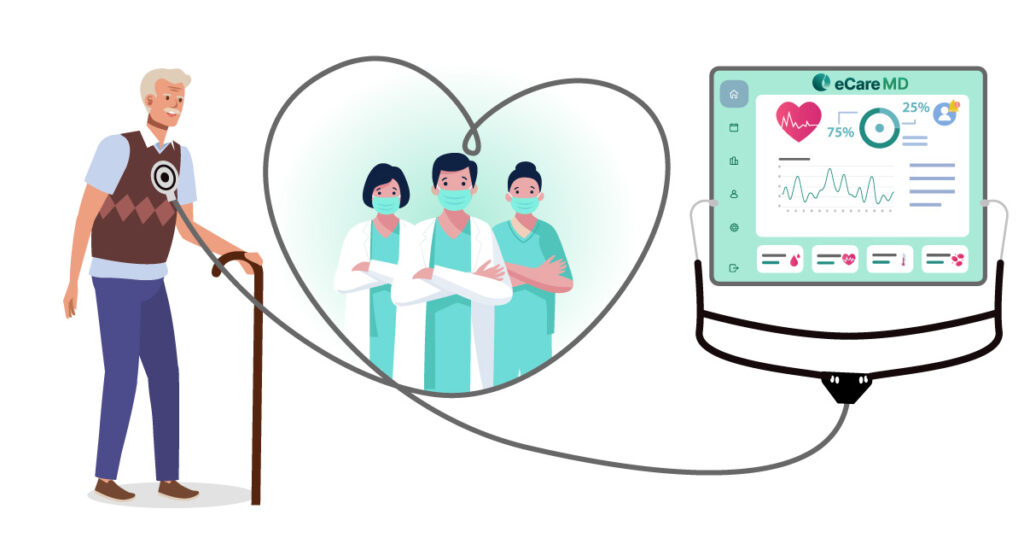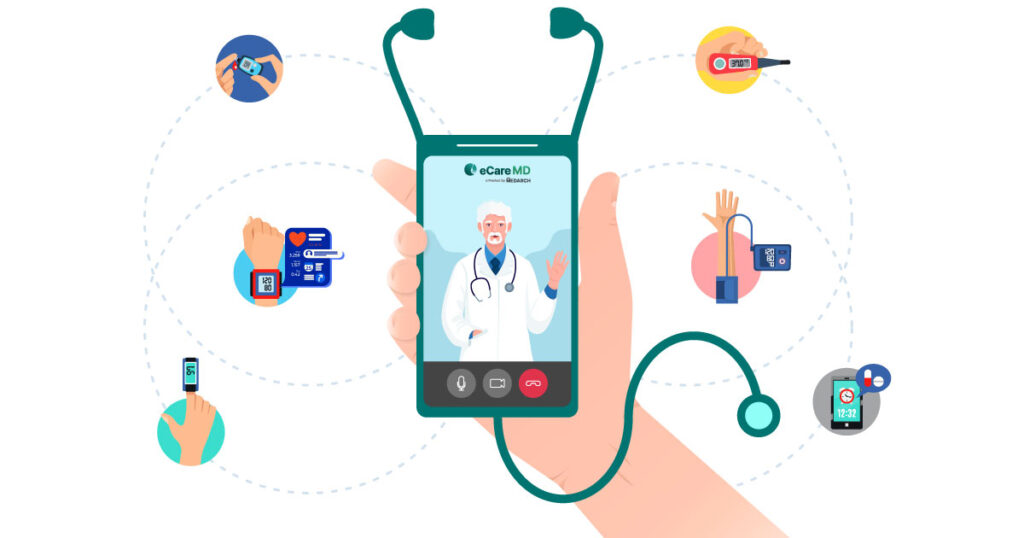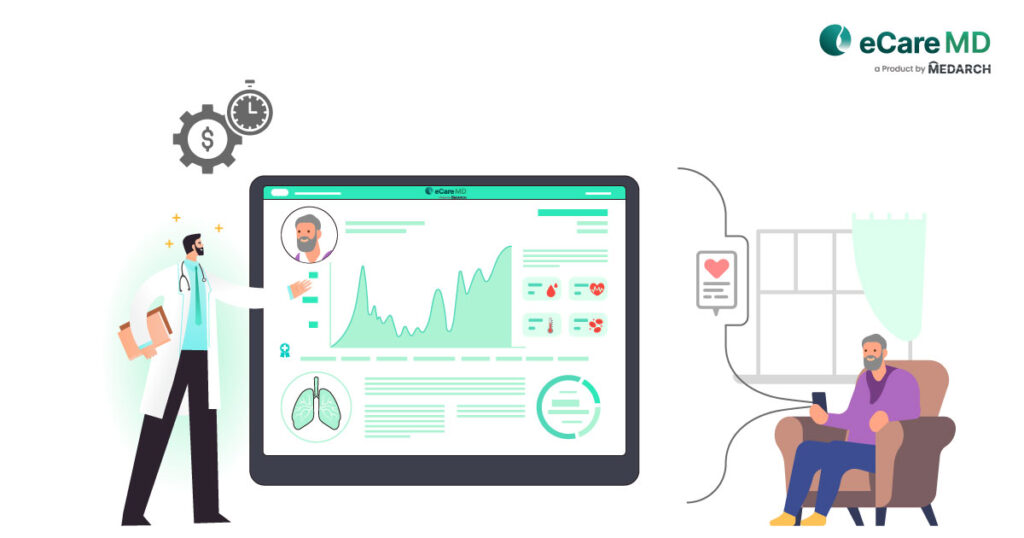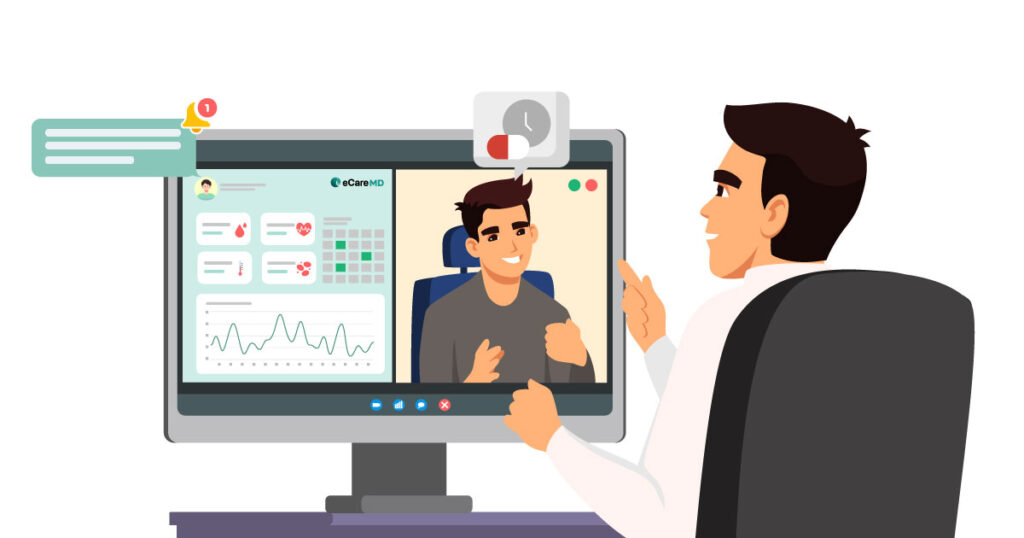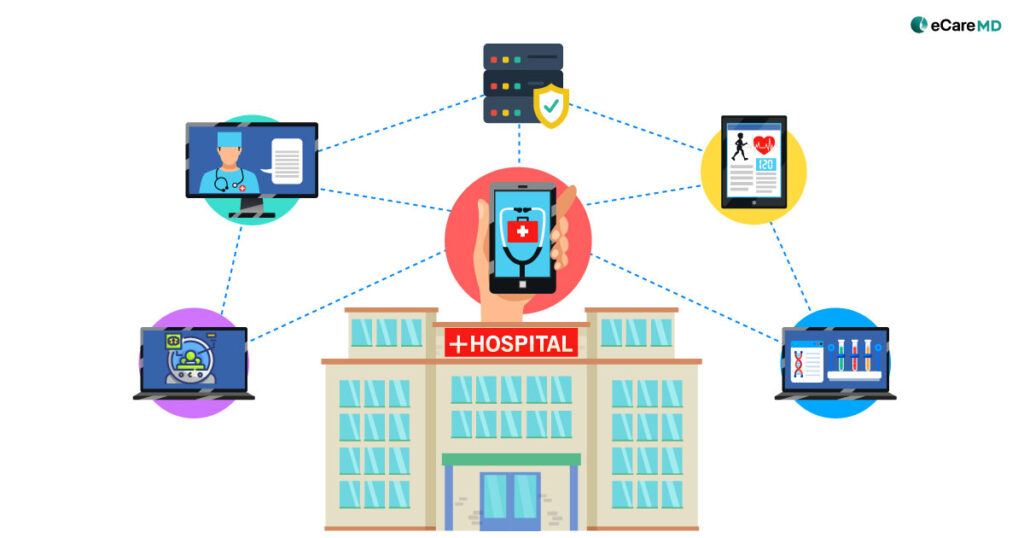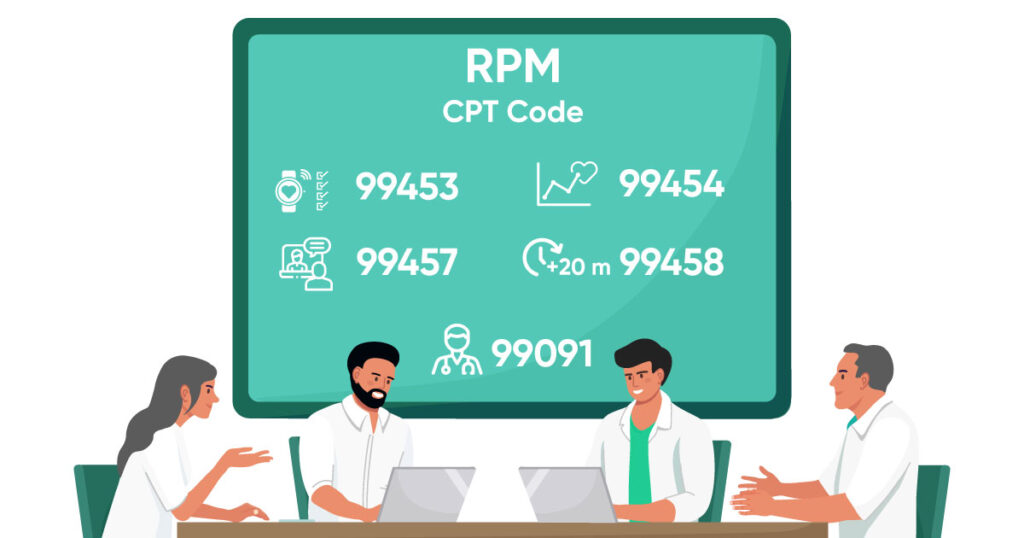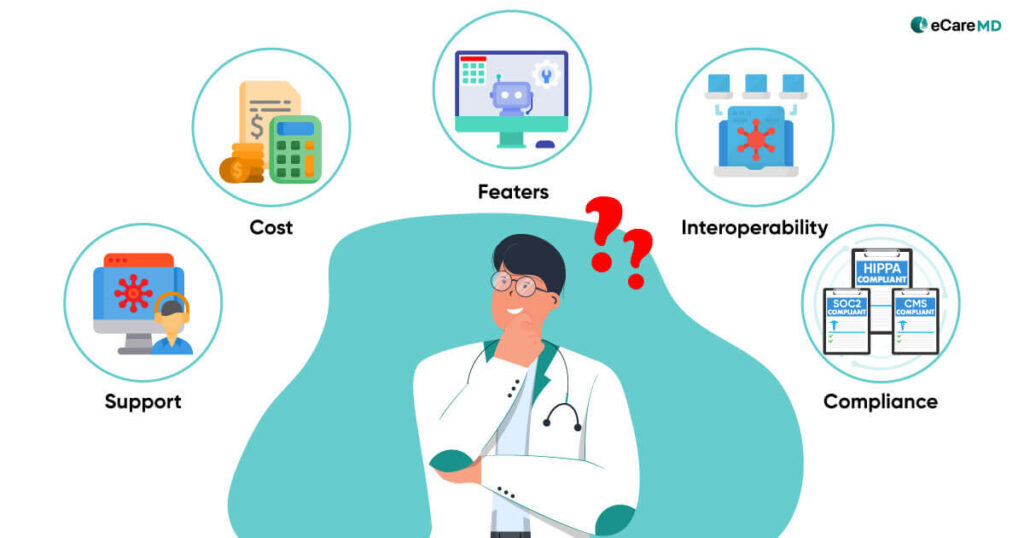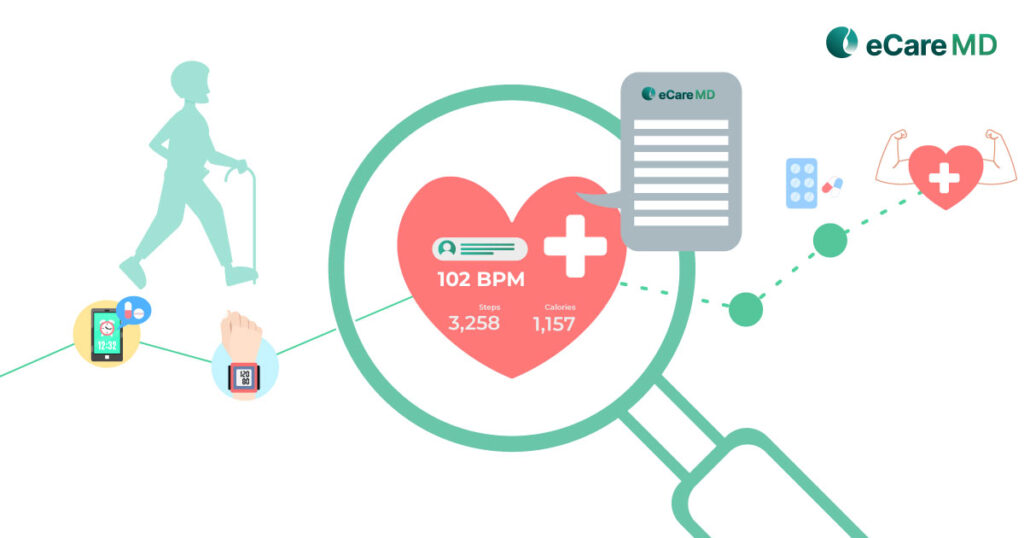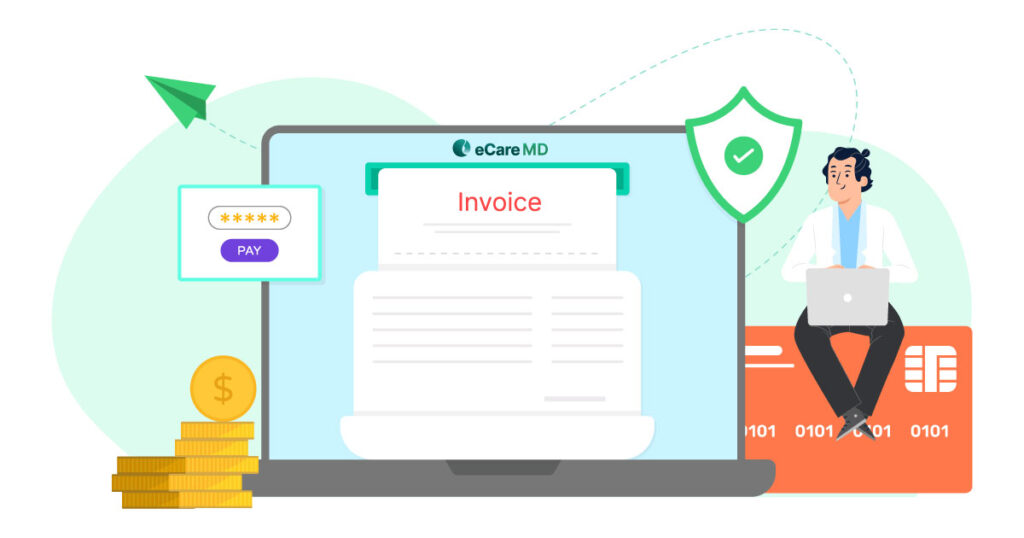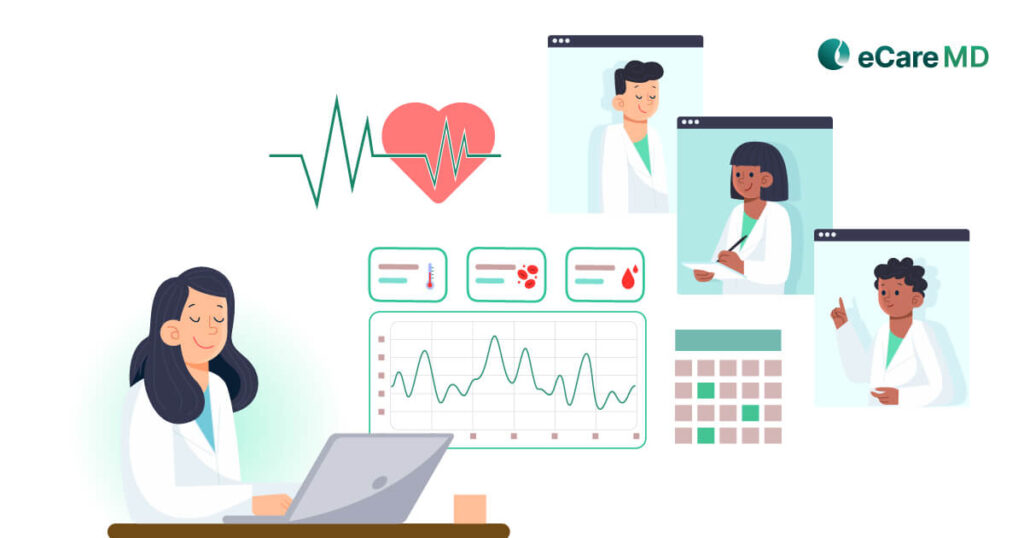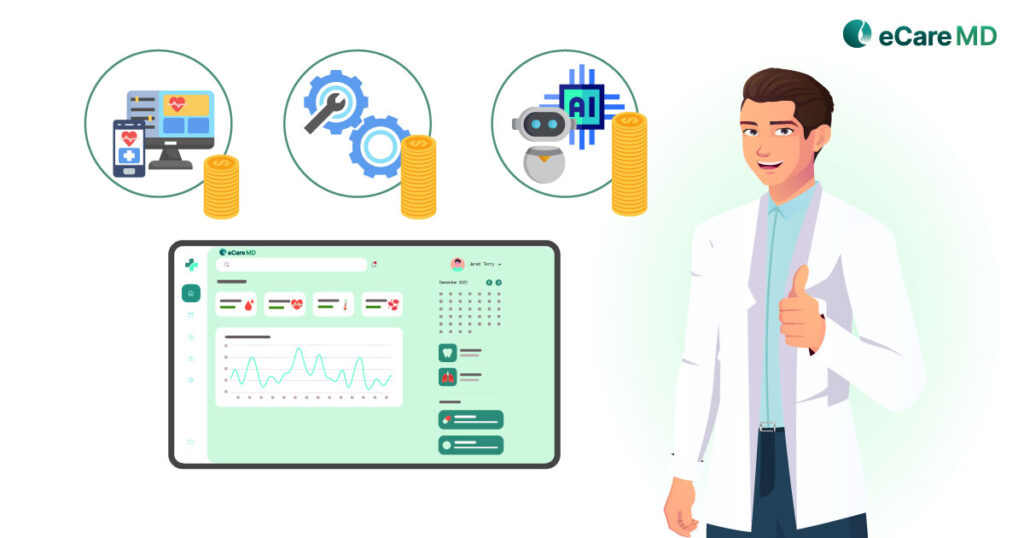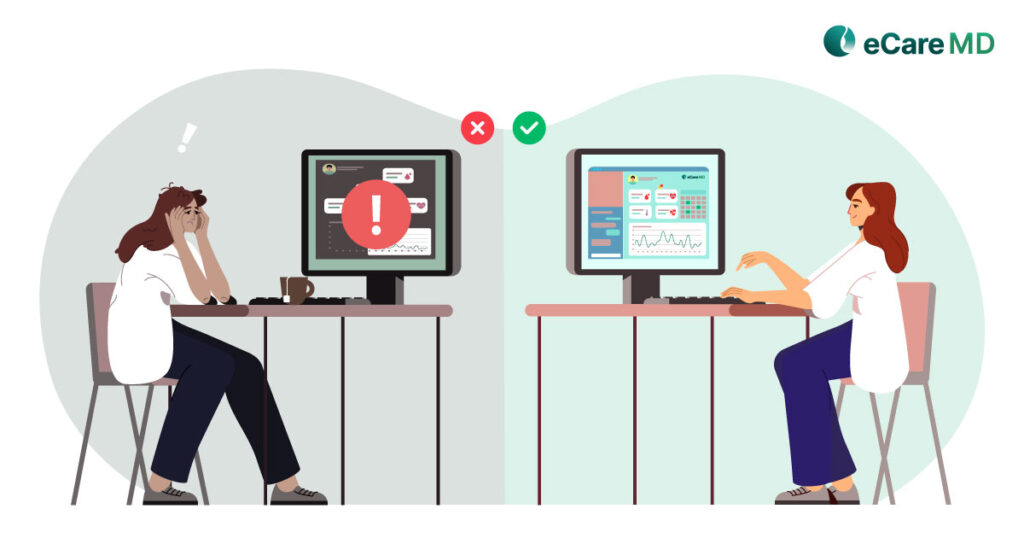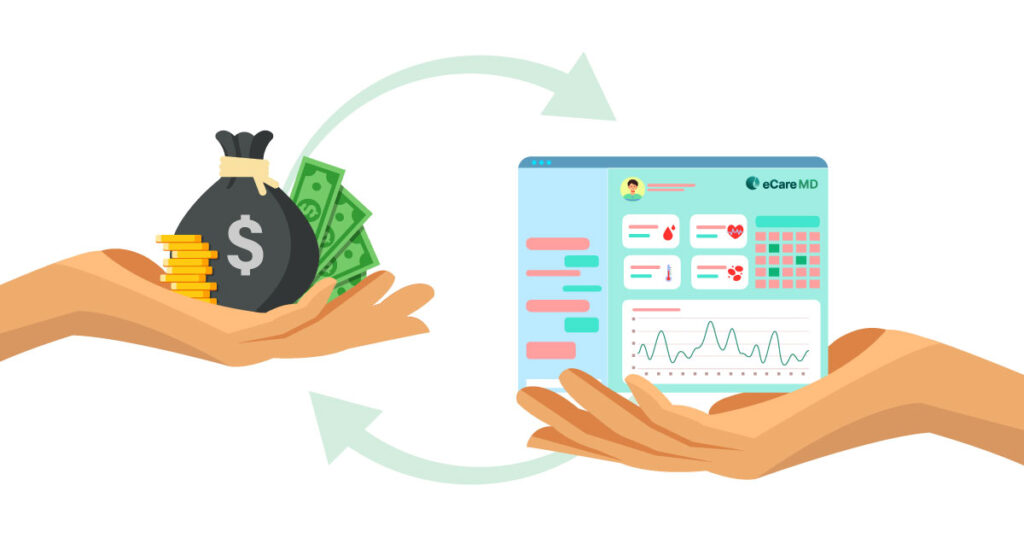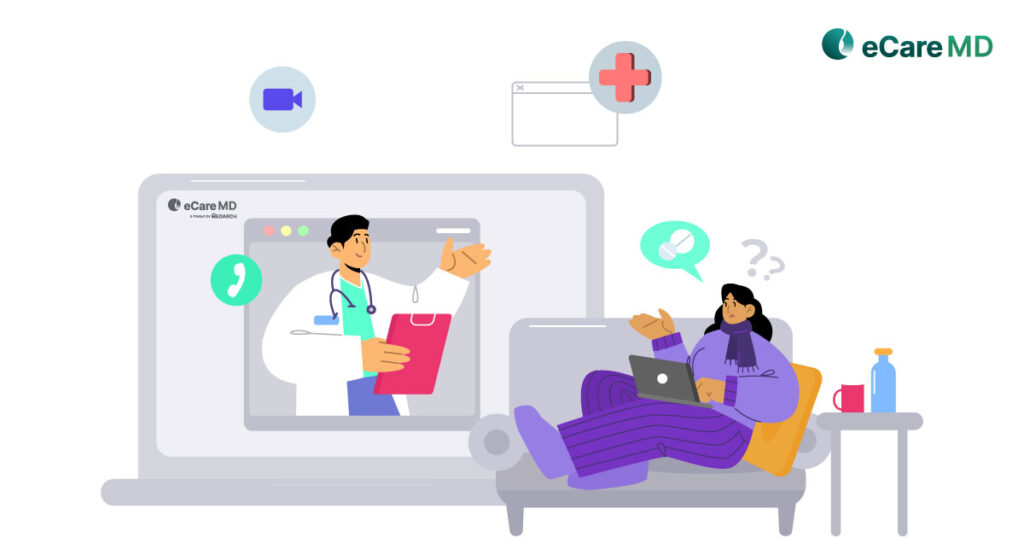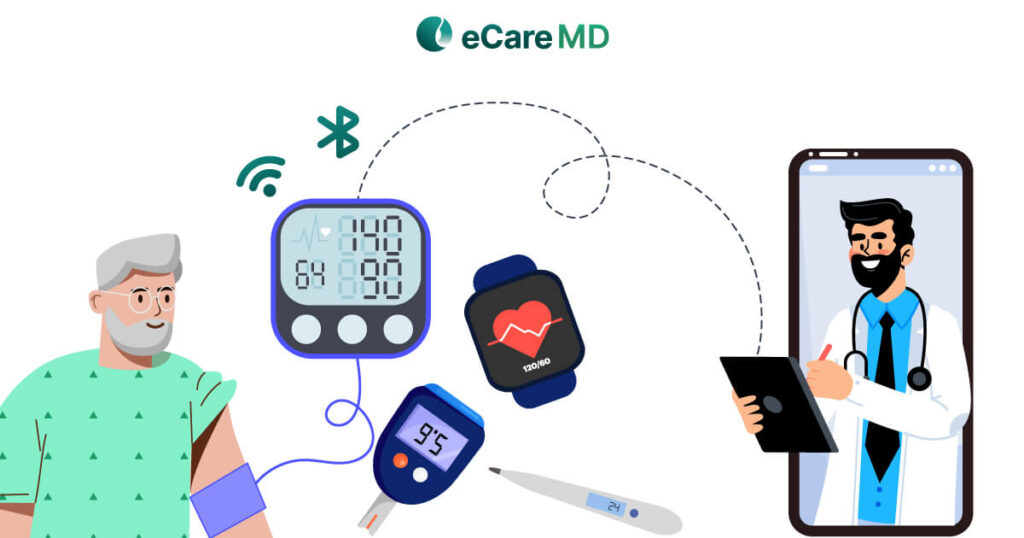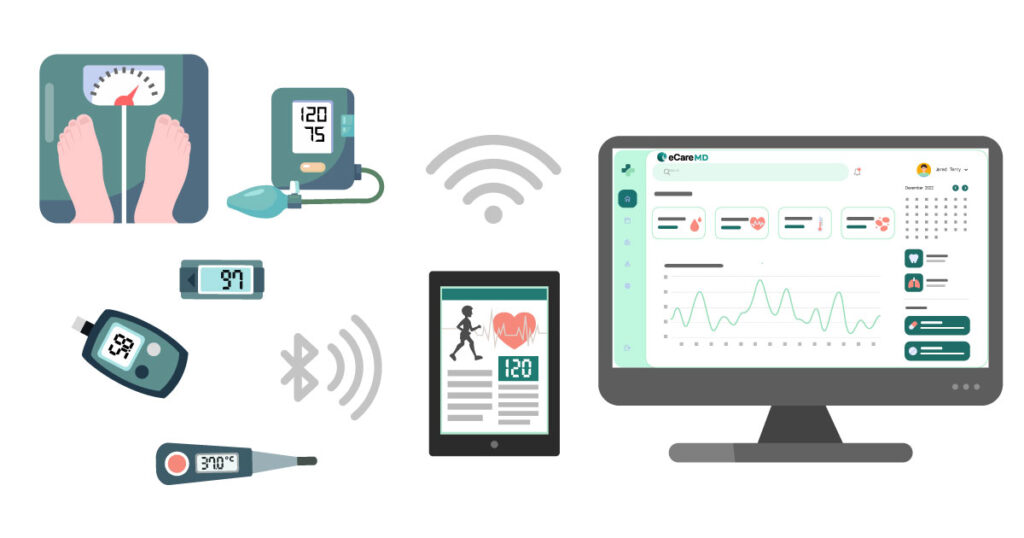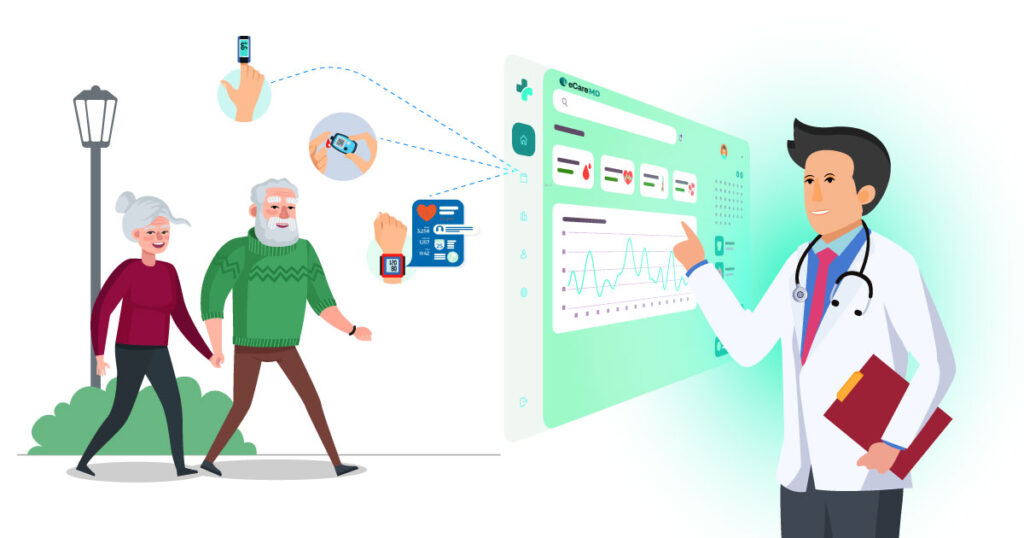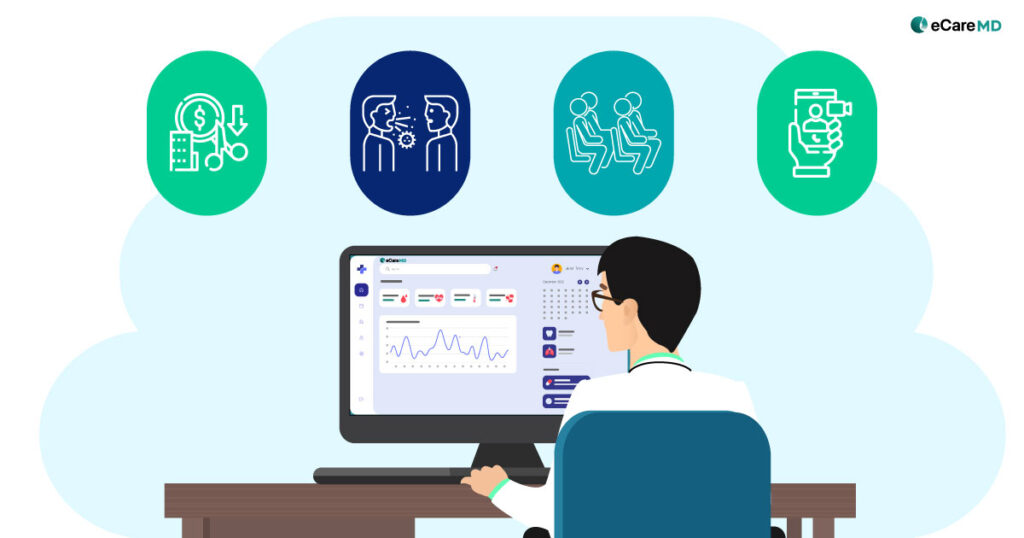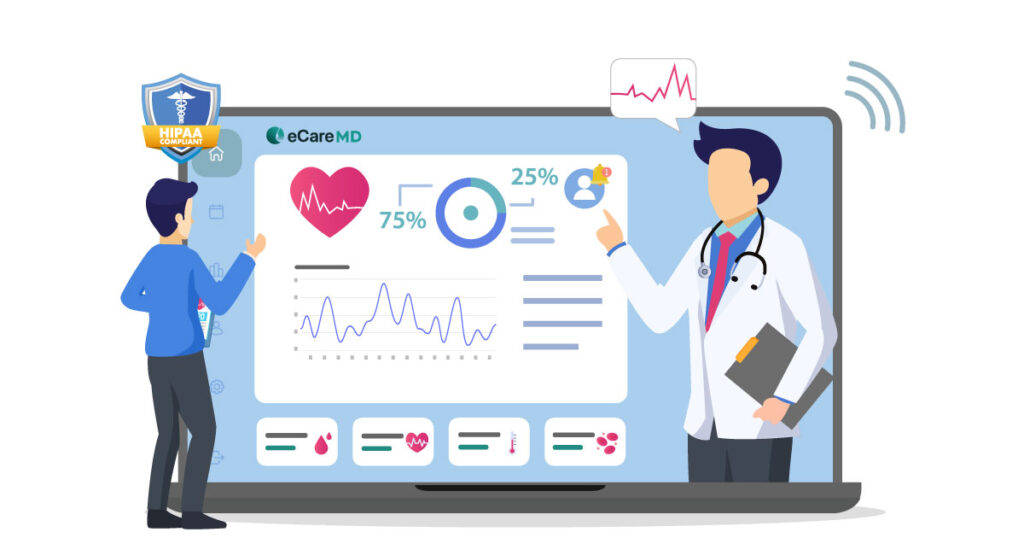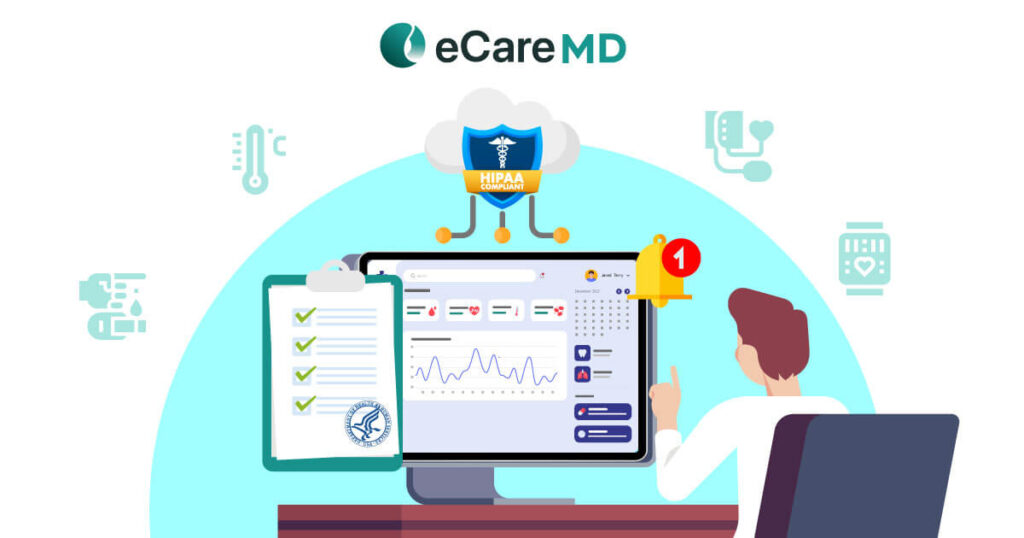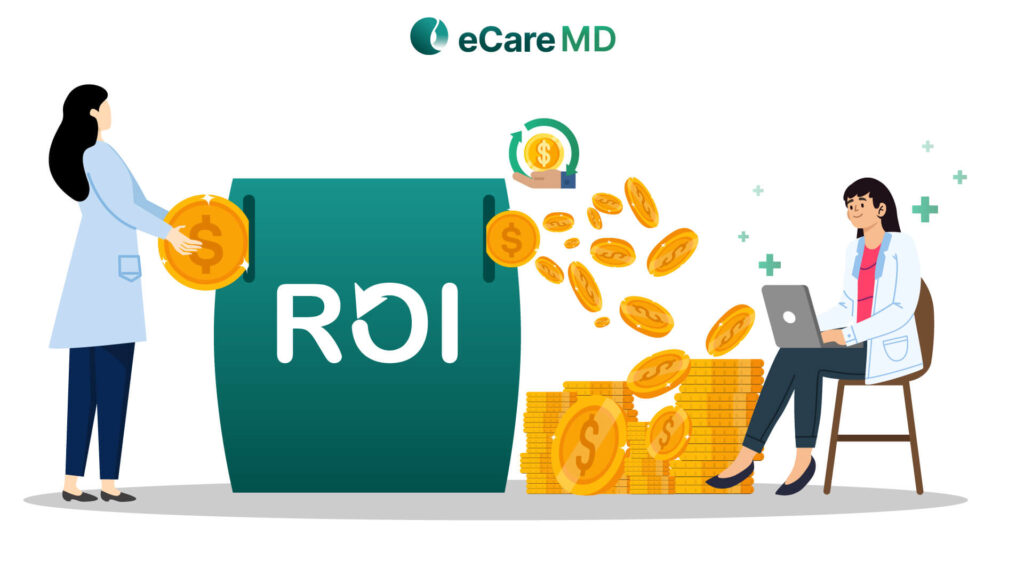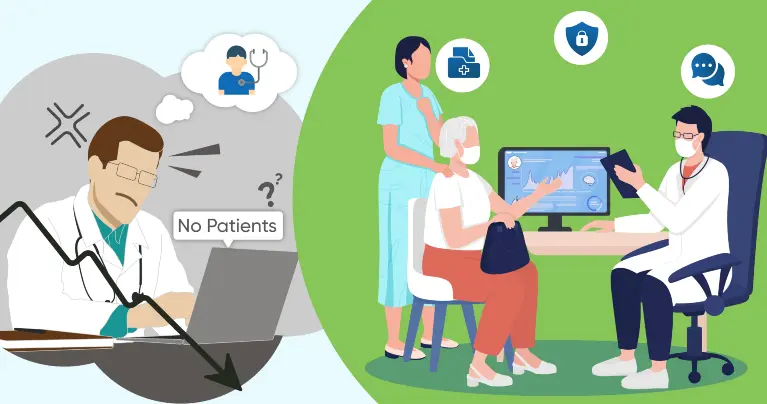Evaluating Vendor Experience and Specialization
Assessing Software Functionality and Integration Capabilities
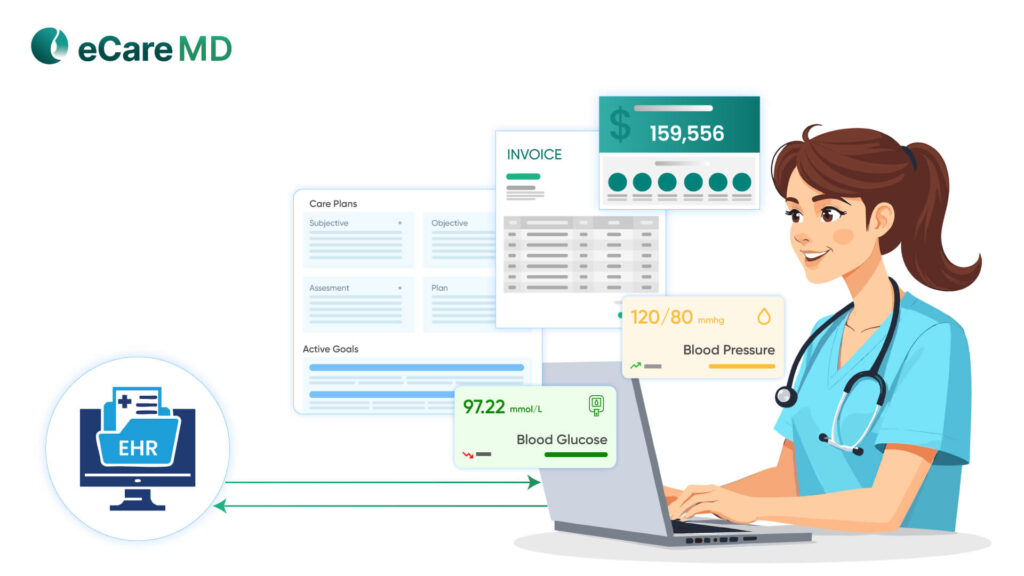
Download our PCM Software Feature Checklist to Compare Vendors for free
Download Free ChecklistUnderstanding Data Security and Compliance
Evaluating Vendor Support and Training
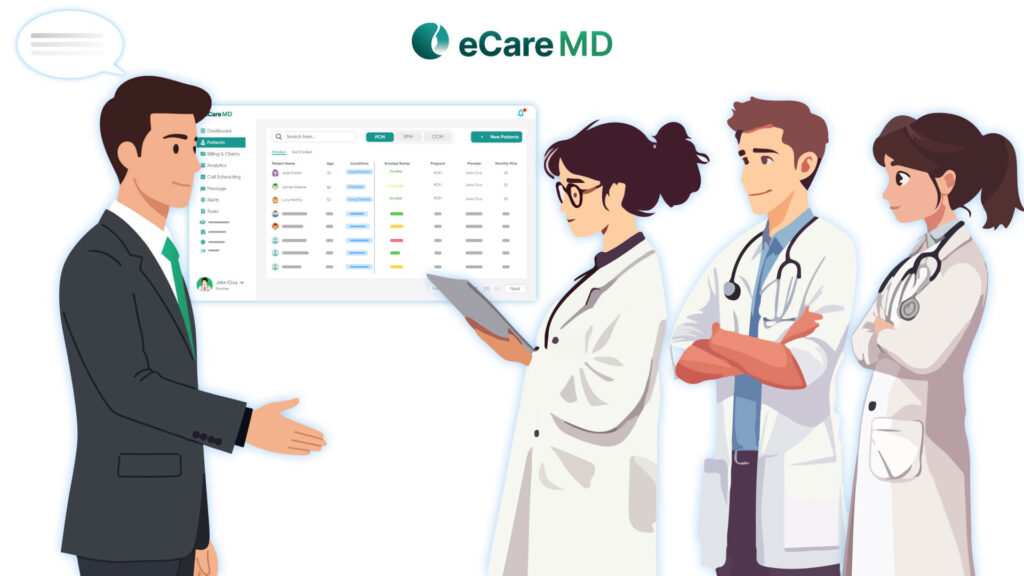
Analyzing Pricing and Contract Terms
The initial price is not the only price of PCM software, as several other costs are involved. So, you need to obtain a detailed breakdown of the cost before buying the PCM software. PCM software includes multiple costs, including implementation, licensing, maintenance, and support costs.
Moreover, there are multiple types of software licenses available in the market, like subscription-based, user-based, and one-time purchase. Comparing the software pricing and assessing its growth potential and scalability is also crucial before making the investment. This saves you from changing the software as your practice and patient population grow.
Apart from this, when you finalize the PCM software, the vendor presents a contract that you need to sign. You need to review the contract carefully and go through the terms and conditions, termination clauses, and data ownership and its responsibilities. If not reviewed carefully, it can lead to hidden costs, legal issues, and loss of your rights as a customer.
In addition to this, you must ask about any hidden costs because they can come as a surprise and add to your expenses. In some cases, hidden costs can be higher than the original or initial price of the software. In short, read the contract carefully and inquire about the detailed pricing and hidden costs before you invest in the PCM software.
Seeking Client References and Consulting Demos
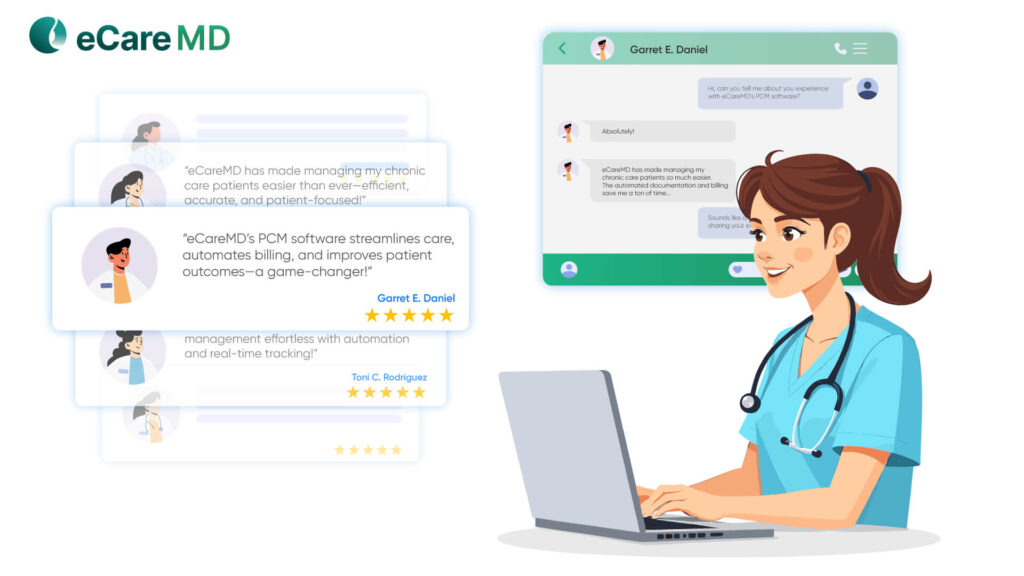
Ask the vendor for the contacts of their previous clients and talk with them to get insights into the vendor’s performance with their practice. This will let you know how well the vendor will perform with your practice and patient population and give an idea of the final product.
After you get a positive response, you can proceed to schedule a demo with the vendor to know the capabilities and functionality of the product. With this, you will know how compatible your clinical workflows are with the software before implementing it.
However, you need to have a demo in a real working environment instead of just watching a simulation or pre-prepared video. With the help of virtual reality, you can project your workflows nearly perfectly and get a clear understanding of the software features and functionalities.
One more thing you need to remember is to ask questions that are specific to your needs and the workflows of your practice. With this, it will become easy to gauge the capabilities of the software and understand its ability to fulfill your requirements.
Conclusion
In the current healthcare environment, the use of PCM software or any other healthcare technology is mandatory. But, with the multiple options available to choose from, it becomes confusing, and with the aggressive sales pitch, difficulty reaches another level.
So, when it comes to choosing the right software vendor, look for a vendor with a proven track record, established security protocols, and a training and dedicated support team. Looking for these points can make the difference in getting the perfect software or subpar software for your healthcare practice.
So, make sure that a vendor offers it and what the hidden costs are for the software, but if you want to save all this hassle, then contact our team. We will get you the perfect PCM software that will elevate your care delivery and management to an entirely new level.

